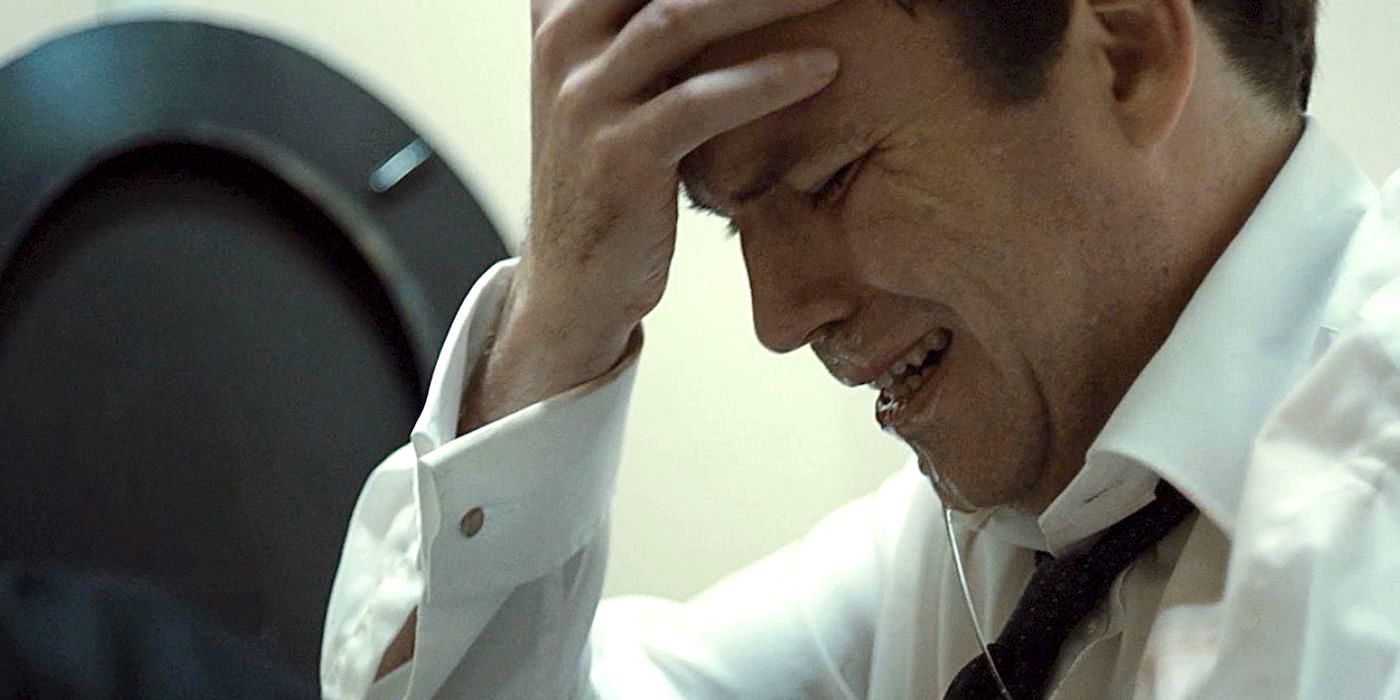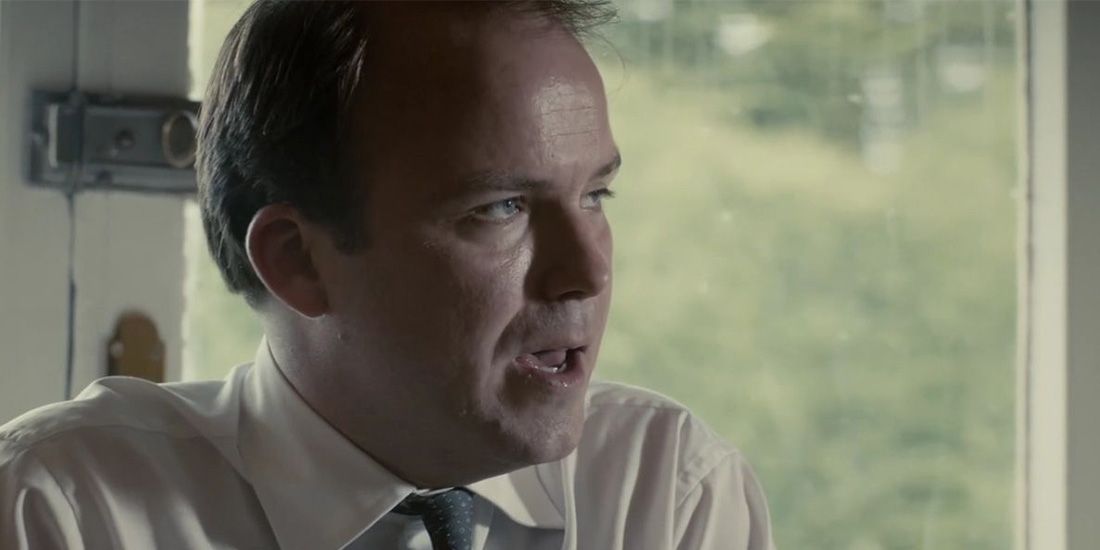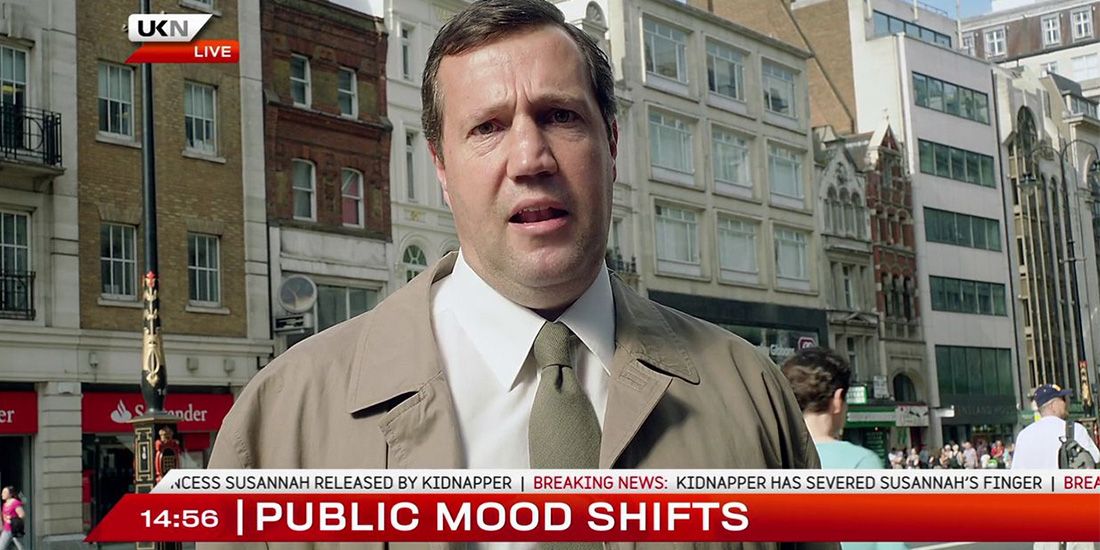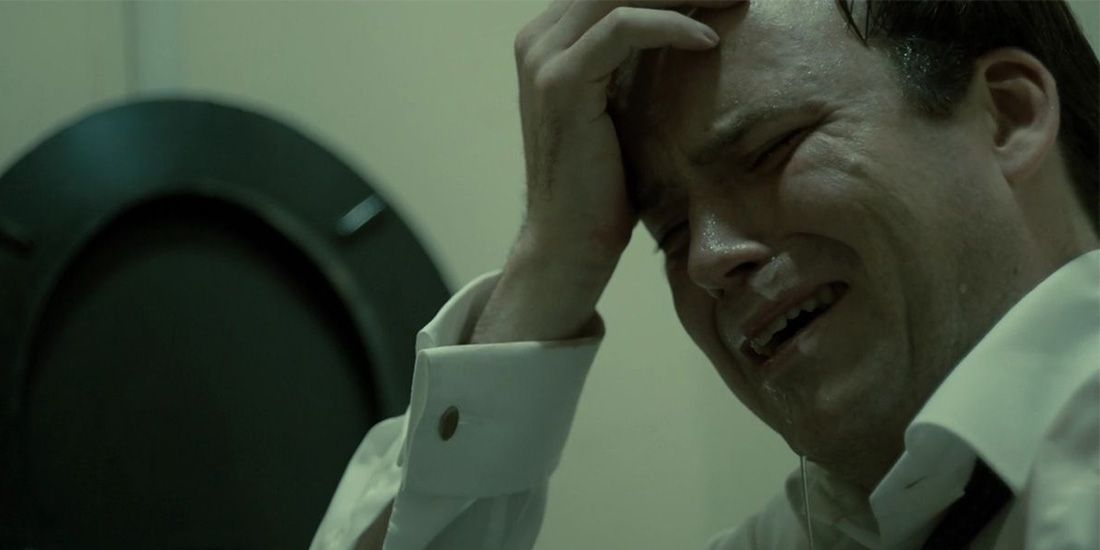
In simpler terms, Black Mirror is a modern-day equivalent to Rod Serling’s Twilight Zone series, featuring sharp social commentary, captivating what-ifs, and a touch of playful weirdness. However, while the original show offered gentle optimism, Black Mirror presents a persistent, sometimes almost nihilistic cynicism. The debut episode, “The National Anthem”, exemplifies this perspective. Some might find its tone too gloomy or excessively skeptical, but current events seem to be validating Black Mirror’s pessimism.
Pop culture is increasingly adopting the same shock tactic as seen in the first episode of this show. “The National Anthem” certainly has more to discuss, delving into themes such as self-centeredness, wealth, and pride. The boundaries between personal and public spheres are becoming increasingly blurred. Notably, political campaigns in Western societies are focusing more on ‘vibes’ rather than ideology. Much like its predecessor, Black Mirror continues to eerily reflect our reality. However, “The National Anthem” still offers an incredibly unpleasant viewing experience, despite this foreknowledge.
“The National Anthem” Is a Disturbing Piece of Social Commentary
- The initial Black Mirror pitch was delivered to BBC Channel 4’s comedy team. In this iteration, the show was to be an eight-episode limited series. Each entry would be half an hour.
Due to its intentionally provocative storyline, “The National Anthem” has become well-known. Its surprising turn of events is now a historical reference point, even for those who haven’t watched it. Given that it was released over a decade ago, it might be beneficial to reacquaint ourselves with the details. “The National Anthem” mainly centers around a single character: Michael Callow, a fictional British prime minister portrayed by Rory Kinnear. He has a respectable career and a satisfying marriage with his wife, Jane Callow (Anna Wilson-Jones).
In this seemingly ordinary life, the sudden abduction of cherished Princess Susannah (Lydia Wilson) shatters the peace. Her captors demand an unusual ransom: they want Michael to engage in a sexual act with a pig. Initially, he disregards it. The authorities then devise a plan to create a phony video by superimposing Callow’s face onto porn star Rod Senseless’s (Jay Simpson) body. However, their security measures appear weak, as a picture of Senseless at the studio gets leaked online. In response, the kidnappers threaten by sending a news channel Susannah’s severed finger and an audio recording of her cries in pain.
The scandal explodes in full view. The public insists that Callow submit to the kidnappers’ demands. It’s only natural for Jane to be heartbroken and fiercely opposed to such a move. However, under House Secretary Alex Cairns’ (Lindsay Duncan) persuasion, Michael reluctantly complies. This action was streamed live to 1.3 billion viewers. His approval rating increases. Interestingly, without Callow’s knowledge, Susannah had been freed safely 30 minutes prior to the filming, and the finger belonged to the now-deceased artist and kidnapper Carlton Bloom.
“The National Anthem” Is More Disturbing (And Relevant) in Hindsight



- Despite some rumors, the infamous pig scene was never meant to go beyond what is shown in the episode.
- Series creator Charlie Brooker oversaw the segment’s production alongside his wife, Konnie Huq. It took only a few attempts to film.
It’s tough to find words less harsh than “offensive” for “The National Anthem.” The notion that any world leader would yield to a criminal’s requests, especially those with a sexual undertone, is disturbing at best; most people would find it unpalatable, and few would eagerly watch such an event unfold twice. Much like the film Grave of the Fireflies, one viewing of “The National Anthem” is usually sufficient.
The most striking aspect of this show remains its “pig-related twist.” Often referred to as “the pig episode,” it serves as a chilling and ambiguous portrayal of one of TV’s most impactful social critiques. Some may shy away from exploring it further, possibly due to the episode’s disturbing foundation. However, this interpretation might be unjust. The “pig-related twist” stands out as the most memorable aspect.
This description is quite fittingly ambiguous and ominous for one of television’s most shocking commentaries on society. Some might hesitate to delve deeper into the subject, which could be a reflection of its disturbing foundation. However, it may not be entirely fair to judge so harshly. Four years after “The National Anthem” was first aired, England went through an incident known as “Piggate”. This confusing scandal involved a story from then-prime minister David Cameron’s unauthorized biography, Call Me Dave, written by Michael Ashcroft and Isabel Oakeshott.
It’s said that when Cameron was joining the Piers Gaveston Society at Oxford, he secretly imitated behaviors reminiscent of scenes from the TV show “Black Mirror”. However, this claim was widely refuted as an odd instance of inaccurate reporting. Looking back now, it can be seen as one of many instances where “Black Mirror”‘s commentary appears to have been prescient. Indeed, like “The Twilight Zone”, “Black Mirror” seems to possess a kind of foresight. This is a trait also shared with the long-running American sitcom “The Simpsons”, and it can easily be explained.
A successful commentary demands sharp attention to detail. It’s crucial for writers to realize that current events significantly impact the future, and what seems logical today may lead to tomorrow’s problems. “The National Anthem” offers a complex message, yet one key theme is the potential danger of underestimating the influence of social media. In the world portrayed by “Black Mirror,” public sentiment shapes society. Loud, sometimes uninformed opinions frequently dominate and overshadow the wisdom of experienced guidance.
The influence of advisors pales in comparison to the uproar on social media. In these times when people worldwide struggle against oppression, the prophecies made by Black Mirror are becoming a stark reality. Regrettably, this digital platform has emerged as today’s most formidable adversary. It might have seemed implausible in 2011, but it appears disconcertingly plausible now. Self-proclaimed populists are on the rise, and their conduct mainly focuses on gaining public approval. Irrespective of their initial motivations, they seek nothing more than widespread admiration, much like Callow in your example.
Read More
- How to Get the Bloodfeather Set in Enshrouded
- Gold Rate Forecast
- 4 TV Shows To Watch While You Wait for Wednesday Season 3
- Auto 9 Upgrade Guide RoboCop Unfinished Business Chips & Boards Guide
- 10 Movies That Were Secretly Sequels
- One of the Best EA Games Ever Is Now Less Than $2 for a Limited Time
- Goat 2 Release Date Estimate, News & Updates
- Best Werewolf Movies (October 2025)
- 32 Kids Movies From The ’90s I Still Like Despite Being Kind Of Terrible
- Best Thanos Comics (September 2025)
2025-07-06 00:09